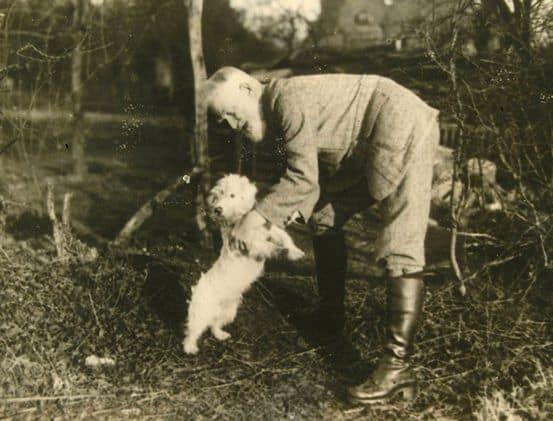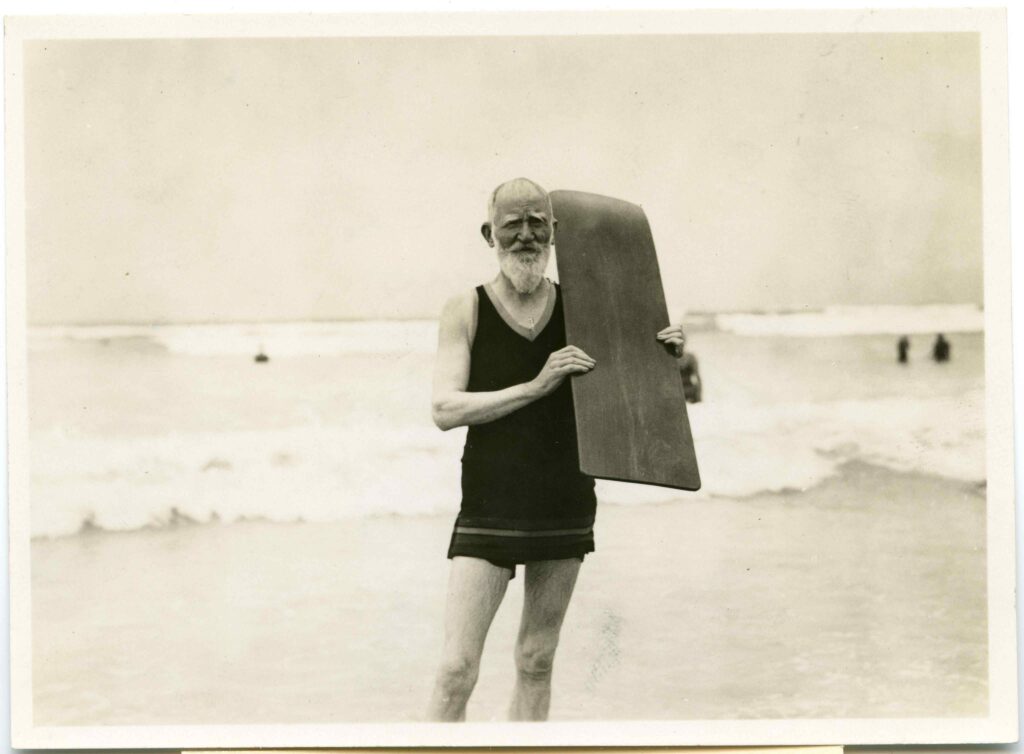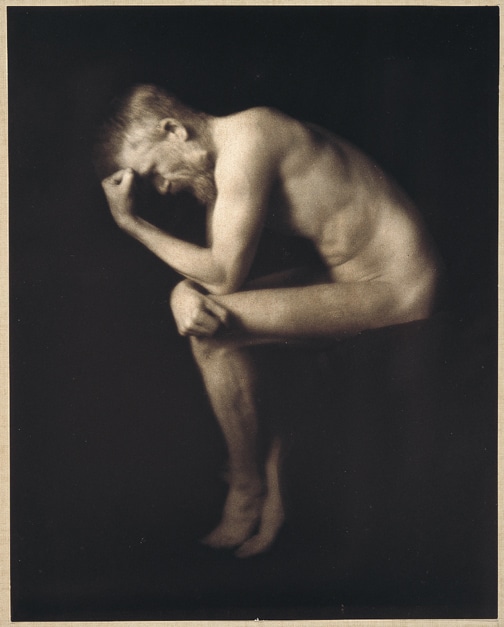GEORGE BERNARD SHAW
(26 July 1856 – 2 November 1950),
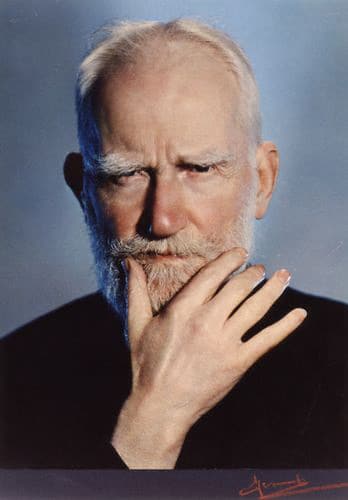
by Madame Yevonde ,photograph, 1937
Irish dramatist, literary critic, socialist spokesman, and a leading figure in the 20th-century theatre. Shaw was a freethinker, defender of women’s rights, and advocate of equality of income. In 1925 he was awarded the Nobel Prize for Literature. Shaw accepted the honor but refused the money.
George Bernard Shaw was born in Dublin, where he grew up in something close to genteel poverty. His father, George Carr Shaw, was in the wholesale grain trade. Lucinda Elisabeth (Gurly) Shaw, his mother, was the daughter of an impoverished landowner. She was 16 years younger than her husband. George Carr was a drunkard – his example prompted his son to become a teetotaller. When he died in 1885, his children and wife did not attend his funeral. Young Shaw and his two sisters were brought up mostly by servants. Shaw’s mother eventually left the family home to teach music, and singing, in London.
In 1898 Shaw married the wealthy Charlotte Payne-Townshend. They settled in 1906 in the Hertfordshire village of Ayot St. Lawrence. Shaw remained with Charlotte until her death, although he was occasionally linked with other women. He began his literary career by writing music and drama criticism, and novels.
A vegetarian, who eschewed alcohol and tobacco, Shaw joined the Fabian Society in 1884, and served on its executive committee from 1885 to 1911. A man of many causes, Shaw supported the abolition of private property, radical change in the voting system, campaigned for the simplification of spelling, and the reform of the English alphabet. As a public speaker, Shaw gained the status of one of the most sought-after orators in England.
In 1895 Shaw became a drama critic for the Saturday Review. In his plays, Shaw combined contemporary moral problems with ironic tone and paradoxes, “Shavian” wit, which have produced such phrases as “He who can, does. He who cannot, teaches”, “England and America are two countries divided by a common language”, “Christianity might be a good thing if anyone ever tried it”, and “I never resist temptation because I have found that things are bad for me do not tempt me.” Discussion and intellectual acrobatics are the basis of his drama.
During his long career, Shaw wrote over 50 plays. He continued to write them even in his 90s. George Bernard Shaw died at Ayot St. Lawrence, Hertfordshire, on November 2, 1950. He was cremated and it was his wish that his ashes be mixed with those of his wife, Charlotte – who had died seven years before.
Some broad strokes:
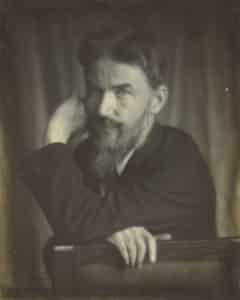
1876 – Shaw left Dublin and his father and moved to London. There he lived off of his mother and sister while pursuing a career in journalism and writing. He read voraciously, in public libraries and in the British Museum reading room. And he became involved in progressive politics. Standing on soapboxes, at Speaker’s Corner in Hyde Park and at socialist rallies, he learned to overcome his stage fright and his stammer. And, to hold the attention of the crowd, he developed an energetic and aggressive speaking style that is evident in all of his writing.
1891 – Shaw wrote his first play, Widower’s Houses. For the next twelve years, he wrote close to a dozen plays, though he generally failed to persuade the managers of the London theatres to produce them. A few were produced abroad; one (Arms and the Man) was produced under the auspices of an experimental management; one (Mrs. Warren’s Profession) was censored by the Lord Chamberlain’s Examiner of Plays.
1898 – After a serious illness, Shaw resigned as theatre critic, and moved out of his mother’s house to marry Charlotte Payne-Townsend, an Irish woman of independent means. Their marriage (quite possibly sexually unconsummated) lasted until Charlotte’s death in 1943.
1904 – Candida is the first of eleven Shaw plays to be produced at London’s Court Theatre over the next three years.
1914 – The outbreak of World War I changed Shaw’s life. For Shaw, the war represented the bankruptcy of the capitalist system, the last desperate gasps of the nineteenth-century empires, and a tragic waste of young lives, all under the guise of patriotism. He expressed his opinions in a series of newspaper articles under the title Common Sense About the War. These articles proved to be a disaster for Shaw’s public stature: he was treated as an outcast in his adopted country, and there was even talk of his being tried for treason. His dramatic output ground to a halt, and he succeeded in writing only one major play during the war years, Heartbreak House, into which he projected his bitterness and despair about British politics and society. After the war, Shaw found his dramatic voice again and rebuilt his reputation, first with a series of five plays about “creative evolution,” Back to Methuselah, and then with Saint Joan.
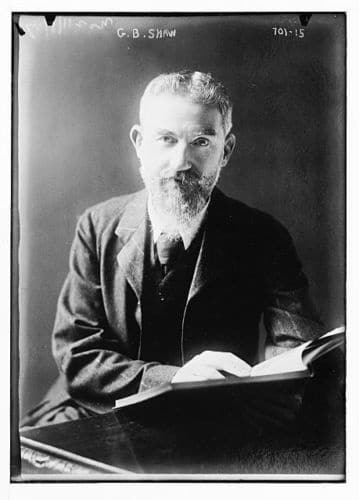
1950 – Shaw fell off a ladder and died a few days later of complications from the injury, at age 94. He had been at work on yet another play (Why She Would Not). In his will, he left a large part of his estate to a project to revamp the English alphabet.
